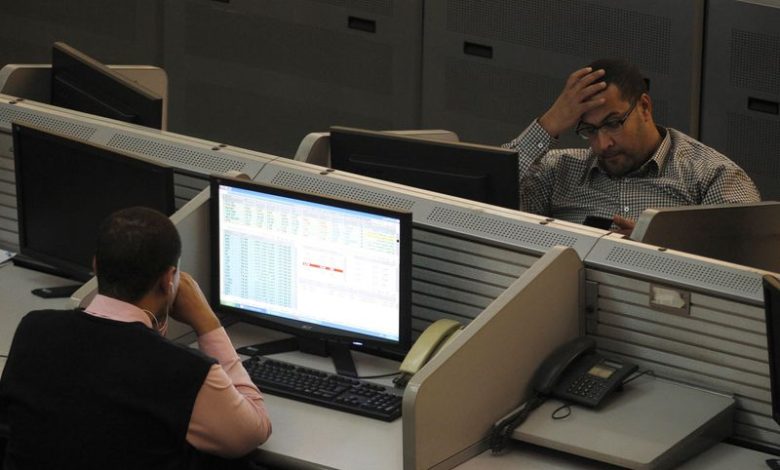
US Holiday Spending on Buy Now, Pay Later Set to Reach Record High Amidst Debt-Laden Shoppers, According to Reuters
By Arriana McLymore
NEW YORK (Reuters) – U.S. consumers are projected to spend an unprecedented $18.5 billion on third-party buy now, pay later (BNPL) services for holiday shopping during the fourth quarter of the year, according to new forecasts from data firm Adobe Analytics.
As many Americans are taking on additional debt, spending on BNPL services is expected to rise by 11.4% compared to last holiday season, according to Adobe’s report. These services allow shoppers to enhance their purchasing capabilities by spreading the cost of goods over monthly installments, typically structured as four-payment plans.
The anticipated growth in BNPL spending outpaces the overall holiday spending increase, which is projected to be around 8.4%, potentially reaching $240.8 billion between November 1 and December 31.
This trend indicates that companies like Klarna, Afterpay, and Affirm are likely to gain market share from traditional debit cards and other payment methods, especially for electronics and beauty products during this gift-buying season. However, some consumers are utilizing credit cards to manage BNPL installment payments, a move that consumer advocates warn could lead to increased debt.
Delicia Hand, senior director of the digital marketplace at Consumer Reports, cautioned that using credit cards for BNPL purchases may create a dangerous cycle of debt. “If the credit card balance isn’t paid in full each month, consumers will incur interest charges on top of any BNPL fees,” she noted.
Data from the Federal Deposit Insurance Corporation showed that U.S. lenders’ net charge-off rates for credit cards, indicating the amount expected to be uncollectible, climbed to 4.82% in the second quarter, marking the highest level since 2011.
The New York Fed’s monthly Survey of Consumer Expectations reported that 13.6% of respondents anticipated becoming delinquent on a loan within three months, the highest figure since a brief surge at the start of the COVID-19 pandemic; this rate hit 19.5% among individuals earning less than $50,000 annually.
Approximately 10% of BNPL transactions are executed using credit cards, automated clearing house payments, and other methods beyond debit cards, according to the Financial Technology Association. The association also mentioned that its members report delinquency rates of less than 2% for BNPL purchases.
Affirm stated that shoppers are likely to seek electronics, such as smartphones and laptops, this holiday season, as many look to replace devices they bought during the pandemic surge. Beauty products are also expected to be popular among BNPL users making gift purchases.
While Affirm allows users to make purchases through a pay-in-4 model and accepts credit card down payments, it reportedly does not take credit payments for most of its loans. Affirm also facilitates Shopify’s BNPL service, which permits credit card transactions for its pay-in-4 offerings.
Credit card payments make up a small percentage of Affirm’s total collections, according to the company. Affirm’s COO and CFO Michael Linford expressed concerns about relying on credit to manage repayments.
Afterpay, which offers pay-in-4 installments at various retailers, supports payments made with credit and debit cards from major networks, but restricts the use of cards issued by other BNPL services for purchases.
Klarna accepts a range of debit and credit cards, but doesn’t permit payments for Klarna purchases through credit cards.
Mastercard has established guidelines for BNPL providers and is continuously reviewing its standards as the use of credit cards for BNPL evolves.
Earlier this year, the U.S. Consumer Financial Protection Bureau introduced an interpretive rule imposing new requirements on BNPL lenders, including the need to address consumer disputes and issue refunds for returned products, though they are not obligated to evaluate a consumer’s ability to repay.
American Express enables its members to make BNPL payments through a limited number of providers and also offers its BNPL service, Plan It, tied to its credit cards.
(This report has been updated to clarify that 10% of BNPL purchases include other forms of payment outside of debit cards and that Shopify’s BNPL service is referred to as Shop Pay Installments.)
 GOOGL
GOOGL  META
META 


